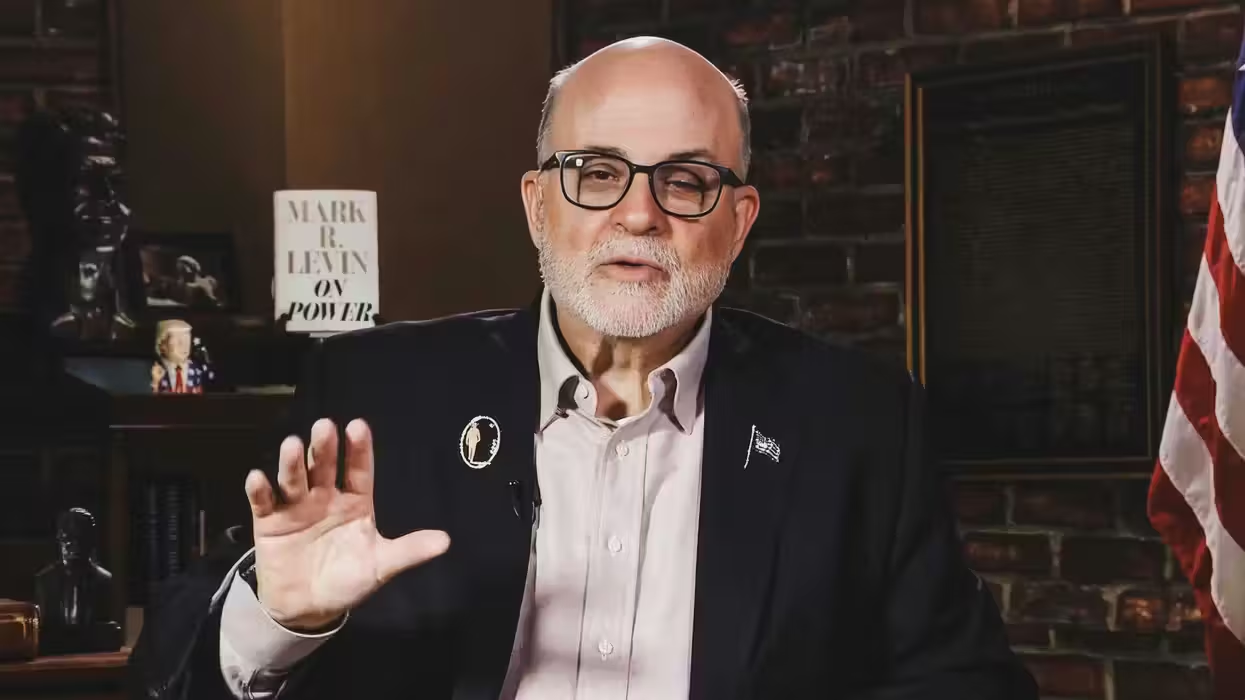
© 2025 Blaze Media LLC. All rights reserved.
James Grant: 'Once we had the gold standard. Today we have the Ph.D. standard.
January 06, 2014
Jim Grant's review of 'Fortune Tellers' anticipates the problems of a Yellen Fed.
Writing in the Wall Street Journal this weekend, James Grant, outspoken free-marketeer and author of the popular financial publication Grant's Interest Rate Observer and books including "Mr. Market Miscalculates," and most recently "Mr. Speaker," reviewed "Fortune Tellers" by Walter Friedman.
Friedman's book covers the folly of economic prediction through the prism of our forecasting forefathers. As Grant notes:
"Do you itch to know whether stock prices and interest rates will rise or fall? Whether the U.S. economy will sink or swim? So did your forebears. To scratch the itch of the early 20th-century investor, Roger W. Babson (1875-1967), Irving Fisher (1867-1947) and John Moody (1868-1958), among others, hung out their shingles as business prophets. This is their story.To skip right down to the bottom line, they weren't very good at their jobs. They had their flashes of insight, all right—Fisher, a renowned scholar, had more than flashes—but not one of them could consistently crack the code of the future. Neither can their professional descendants (I myself being as fallible as the rest of the 21st-century strivers)."
Despite man's repeated inability to accurately forecast economic measures, Grant quips:
"the power and dominion of the forecasting profession only seem to grow, especially in the monetary realm. Governmentally licensed scholars on the Federal Open Market Committee fix interest rates and manipulate the stock market according to their reading of the entrails of some not especially reliable econometric models. Once we had the gold standard. Today we have the Ph.D. standard."
Grant's review is as much a lesson in what economist Friedrich Hayek called the "fatal conceit" as a critique of Friedman's book. Hayek would argue that to forecast macro-economic figures is as big a fool's errand as one could pick, due to the inability of an individual to possess the knowledge of an infinite amount of individual decisions in an economy that dictate where interest rates are going or how high the Dow will levitate in 6 months.
As Grant notes, all the flawed men in Friedman's book from economists to businessmen and politicians (after the little-known "laissez-faire" recession of 1920-1921) fall short of realizing this, but some find redemption.
Read on to find out what happened to them here.
Want to leave a tip?
We answer to you. Help keep our content free of advertisers and big tech censorship by leaving a tip today.
Want to join the conversation?
Already a subscriber?
Ben Weingarten is a writer, commentator, and editor at large at RealClearInvestigations. He is a senior contributor at the Federalist and writes columns for Newsweek and the Epoch Times.
Ben Weingarten
Ben Weingarten is a writer, commentator, and editor at large at RealClearInvestigations. He is a senior contributor at the Federalist and writes columns for Newsweek and the Epoch Times.
more stories
Sign up for the Blaze newsletter
By signing up, you agree to our Privacy Policy and Terms of Use, and agree to receive content that may sometimes include advertisements. You may opt out at any time.
Related Content
© 2025 Blaze Media LLC. All rights reserved.
Get the stories that matter most delivered directly to your inbox.
By signing up, you agree to our Privacy Policy and Terms of Use, and agree to receive content that may sometimes include advertisements. You may opt out at any time.






